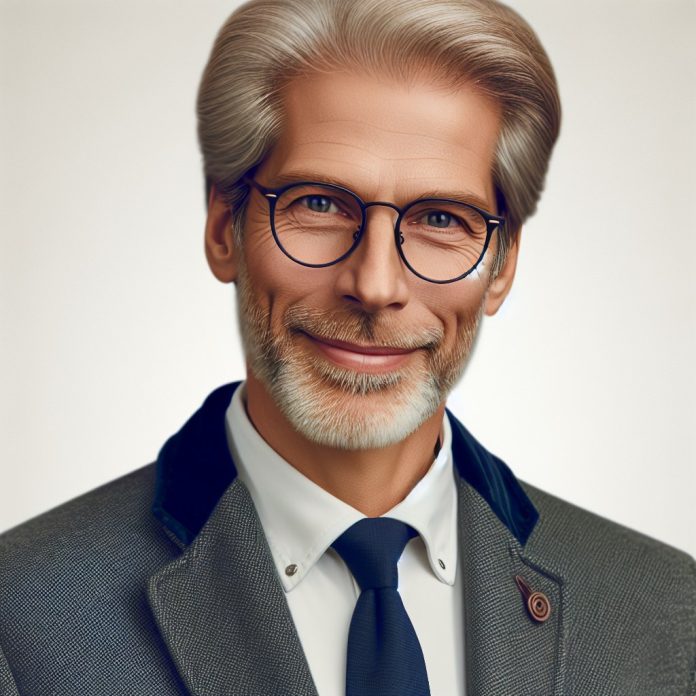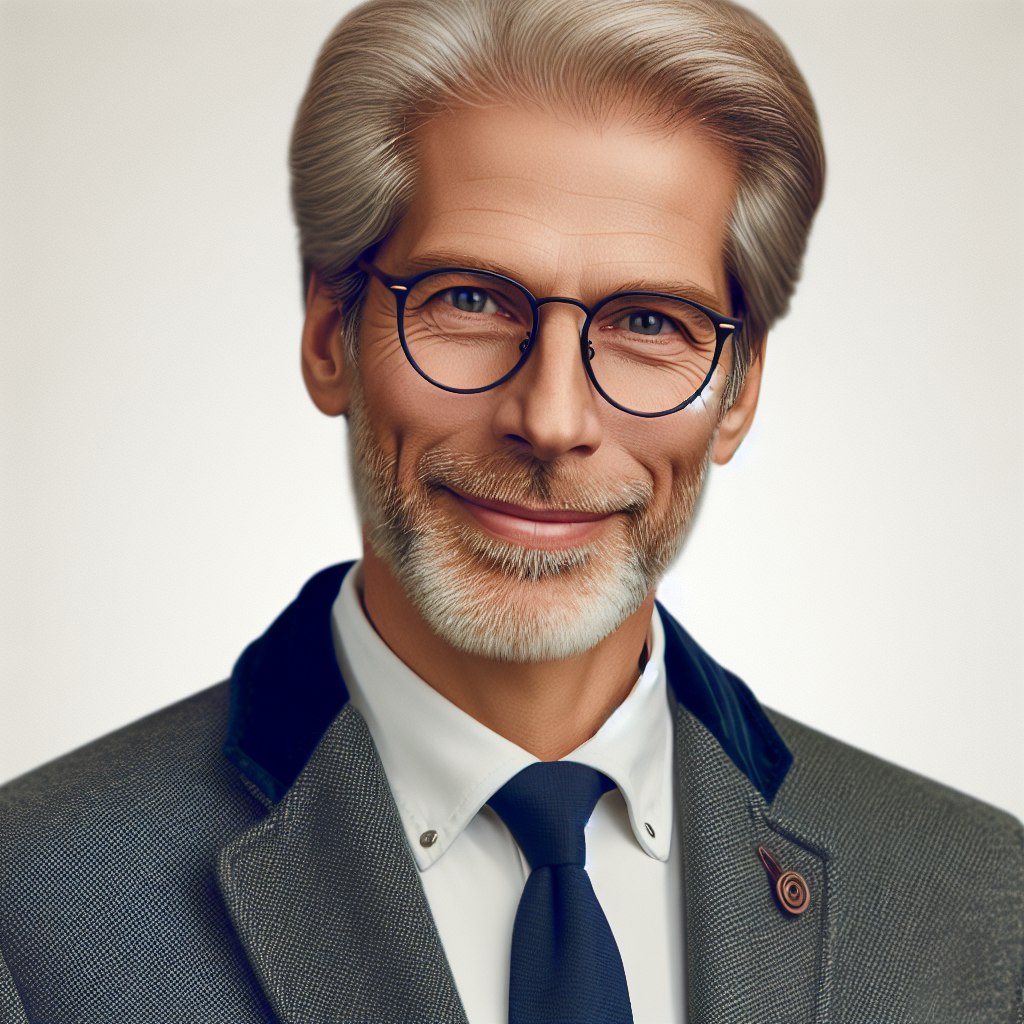
👨⚕️ Introduction When it comes to public health and infectious diseases, one name that has become synonymous with expert guidance and leadership is Dr. Anthony Fauci. His prominence rose dramatically during the COVID-19 pandemic, but his career spans decades of dedicated service. This article delves into the life, career, and impact of Dr. Anthony Fauci, answering the essential question: Who is Anthony Fauci?
📚 Early Life and Education Born on December 24, 1940, in Brooklyn, New York, Anthony Stephen Fauci grew up in a tight-knit, Italian-American family. His parents, Stephen and Eugenia Fauci, owned a pharmacy where young Anthony often helped out. This early exposure to healthcare likely influenced his future career path.
Dr. Fauci attended Regis High School, a prestigious Jesuit school in Manhattan, where he excelled academically. He went on to earn his Bachelor of Arts in classics with a pre-med track from the College of the Holy Cross in Worcester, Massachusetts, in 1962. He then attended Cornell University’s Medical College (now Weill Cornell Medicine), where he graduated first in his class with a Doctor of Medicine degree in 1966.
🔬 Medical Training and Early Career After medical school, Dr. Fauci completed his internship and residency in internal medicine at New York Hospital-Cornell Medical Center. His exceptional performance led him to the National Institutes of Health (NIH) in 1968, where he began his career as a clinical associate in the Laboratory of Clinical Investigation at the National Institute of Allergy and Infectious Diseases (NIAID).
Throughout the 1970s, Dr. Fauci made significant contributions to the understanding of the human immune system. His work on the pathogenesis and treatment of immune-mediated and infectious diseases earned him recognition in the medical community.
🏢 Leadership at NIAID In 1984, Dr. Fauci was appointed director of NIAID, a position he has held since. Under his leadership, the institute has grown in stature and influence, playing a crucial role in responding to emerging infectious diseases. Dr. Fauci has overseen extensive research on HIV/AIDS, respiratory infections, tuberculosis, malaria, and more.
🌍 The AIDS Epidemic One of the most defining periods of Dr. Fauci’s career was his involvement in the battle against HIV/AIDS. During the 1980s and 1990s, as the AIDS crisis escalated, he became a leading figure in advocating for research and treatment. His work was instrumental in developing strategies to combat the virus and improve patient care.
Dr. Fauci faced significant challenges, including criticism from activists who felt the government’s response was too slow. However, he engaged with these communities, leading to more inclusive and effective public health strategies. His efforts have been credited with saving countless lives and changing the course of the epidemic.
🦠 Response to Emerging Infectious Diseases Beyond HIV/AIDS, Dr. Fauci has been at the forefront of many other public health crises. He played critical roles in addressing the anthrax attacks in 2001, the SARS outbreak in 2003, the H1N1 flu pandemic in 2009, and the Ebola outbreak in 2014. His guidance during these times helped shape national and international responses, showcasing his expertise in infectious disease control.
😷 COVID-19 Pandemic Dr. Fauci’s visibility reached new heights during the COVID-19 pandemic. As a key member of the White House Coronavirus Task Force, he became a familiar face in households across America, providing daily briefings and updates on the virus. His calm, science-based approach earned him both praise and criticism in a highly polarized environment.
Despite the political and social challenges, Dr. Fauci remained steadfast in advocating for measures to control the spread of the virus, such as social distancing, mask-wearing, and vaccination. His dedication to public health during this unprecedented time further solidified his status as a trusted medical expert.

🎖️ Awards and Honors Dr. Fauci’s contributions to medicine and public health have been widely recognized. He has received numerous awards, including the Presidential Medal of Freedom, the highest civilian award in the United States, presented to him in 2008 by President George W. Bush for his work on HIV/AIDS.
Other notable honors include the National Medal of Science, the Mary Woodard Lasker Award for Public Service, and over 50 honorary doctorates from universities worldwide. These accolades reflect his significant impact on global health and his enduring legacy in the field of infectious diseases.
🗣️ Public Perception and Influence Dr. Fauci’s influence extends beyond the scientific community. He has become a cultural icon, appearing in popular media, inspiring characters in television shows, and being the subject of countless interviews and articles. His ability to communicate complex medical information in an accessible manner has made him a trusted figure for many.
However, his prominence has also made him a target for criticism and conspiracy theories, particularly during the politically charged environment of the COVID-19 pandemic. Despite this, Dr. Fauci has consistently emphasized the importance of science and evidence-based decision-making.
📅 Looking Ahead As Dr. Fauci continues his work, his legacy is already well-established. He remains committed to addressing current and future public health challenges, from infectious diseases to biosecurity threats. His career serves as a testament to the importance of dedication, resilience, and scientific integrity.
🔍 Conclusion So, who is Anthony Fauci? He is a renowned immunologist, a dedicated public servant, and a pivotal figure in the fight against infectious diseases. His contributions have shaped modern medicine and public health policies, saving countless lives and guiding the world through some of its most challenging health crises. Dr. Fauci’s work exemplifies the impact one individual can have on global health, making him a true hero in the medical community.
By understanding his journey, we gain insight into the critical role of science and leadership in safeguarding public health, ensuring that the lessons learned from his experiences continue to inform and inspire future generations.



















